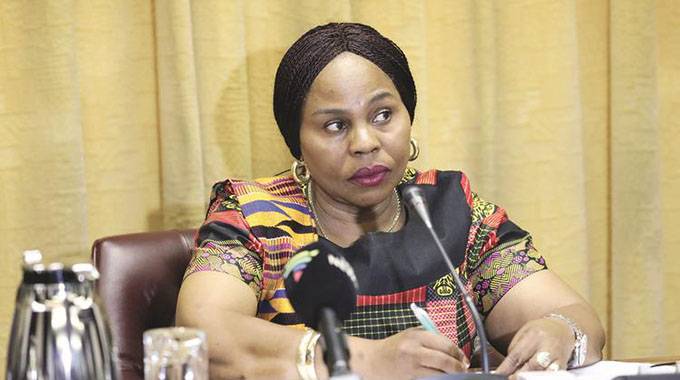SADC steps up efforts to attract FDI into the region
SADC has stepped up efforts to attract more foreign direct investment (FDI) into the region, which is critical in developing a sound economic base and transforming ordinary people’s livelihoods.
This comes as SADC member states are making concrete steps to improve their investment climate and have started working towards ensuring that investment supports industrialization and Small and Medium Enterprises (SME) development.
According to the World Bank, the region has an average of 20 percent foreign investment restrictiveness, implying an 80 percent liberalization/attractiveness.
Attracting investment is central to the development and integration agenda of SADC, hence the need to improve the investment and business environment to attract higher levels of investment.
SADC is made up of 16 member-states and participated in the 12th Edition of the Annual Investment Meeting (AIM) Global 2023 in Abu Dhabi, United Arab Emirates (UAE), which ran from 8–10 May 2023.
During the gathering, SADC showcased its programmes and projects to various key decision-makers and businesses who are willing to engage in sustainable partnerships, and benefit from a variety of features aimed at facilitating strategic networking, and promoting the region as the most attractive zone for business and investments in Africa.
About 100 investors visited the SADC exhibition booth during the meeting days, which saw 12 countries participating. These included Zimbabwe, Angola, Botswana, Democratic Republic of Congo (DRC), Eswatini, Lesotho, Mozambique, Madagascar, Malawi, Mauritius, Namibia, and Seychelles.
During the event, the secretarial held the SADC Regional Focus Forum to attract FDI under the theme: “Infrastructure Development in Support of Industrialisation and Regional Integration”.
According to SADC’s post-attendance report, two high-level panel discussions were hosted on coordination and investment opportunities for unlocking the development of regional infrastructure projects, and on industrial and value-chains development.
The panel discussions were led by eminent speakers who presented on various topics in their fields of expertise, with the aim of attracting FDI to the region, said the bloc.
Over 50 investors attended the SADC regional focus forum, including the SADC ambassadors from the DRC, Lesotho, and Zimbabwe based in the UAE, as well as the secretary-general of the organization of African, Caribbean and Pacific States (OACPS).
Speaking at the forum, Ms Angela Pretorius, who chairs the SADC subcommittee on investment, said notable progress has been made in the area of investments in the region, including the development of an Investment Policy Framework (IPF) to guide member states in developing their National Action Plans for Investment (NAPI), and that FDI in SADC jumped to US$42 billion due to a large corporate reconfiguration, which occurred in the region.
This, coupled with investment cooperation activities among the private sector and member states helps the region to realize the SADC goals of deep regional integration, industrialization, and infrastructure development, she said.
Ms Pretorius said facilitating investment for the SADC region is crucial as it makes it easier for investors to establish or expand their investment and conduct their day-to-day business.
One of the factors investors consider in making their investment decisions is the tax regime of a country, which compels member states to cooperate more in harmonizing the tax regime in the region, mainly in three areas: tax agreements; indirect taxes; and tax incentives.
In her remarks, Ms Stella Chimwemwe Ng’oma, Director Investment Promotion and Facilitation, Malawi Investment and Trade Centre, said SADC desires to discuss good practice in public-private investment partnerships and create a mechanism to develop cross-cutting networks involving Member States, investors, bankers, and development partners. This is expected to re-engineer investment plans of member states to be more catalytic and dynamic tools of investment attraction for sectoral development.
Despite SADC having made significant progress in regional infrastructure development, the economic transformation of the region still requires adequate and functioning infrastructure that will guide it towards front-loading industrialisation in the context of evolving technologies, said Ms Ng’oma.
This means that the infrastructure development in support of regional integration will aim towards interconnected, integrated, and quality seamless infrastructure and networks, including cross-border infrastructure, which will be pivotal in facilitating the movement of people, goods, services, and knowledge, she added.
SADC adopted the Protocol on Finance and Investment in 2006 to foster investment in the region. The Protocol outlines SADC policy on investment, encouraging member states to enact strategies to attract investors and implement legislation that creates a favourable environment for investment. The SADC Industrialisation Strategy and Roadmap and its Action Plan also call for deeper integration to facilitate increased inflow of FDI and integration into global value chains.-chronicle









